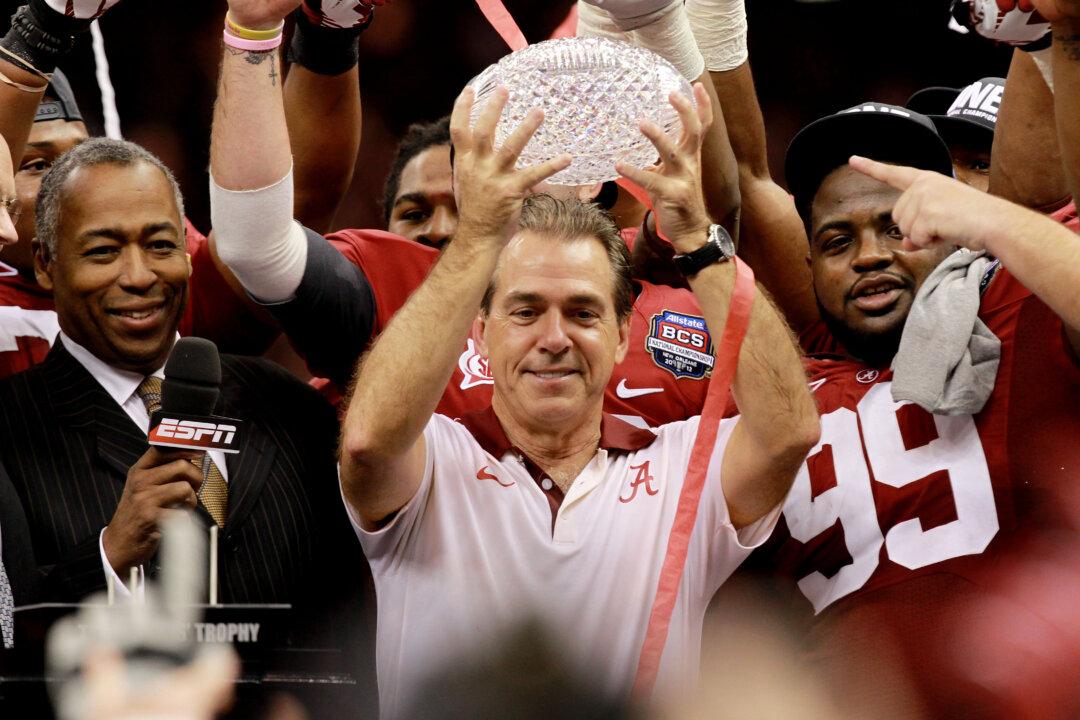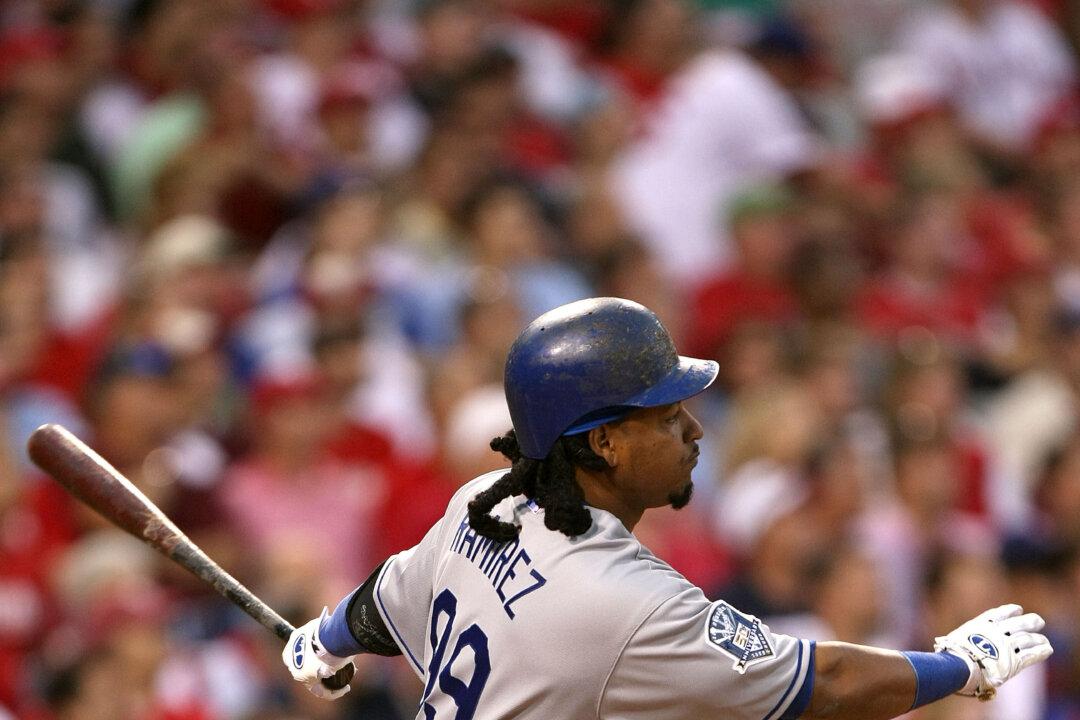Deron Williams’s 35-point, 7-assist performance Monday night that propelled the Nets to a pivotal 120–115 win in Game 4 against Atlanta not only tied the series, but if eighth-seed Brooklyn does the unthinkable and beats the top-seeded Hawks, it will have validated the whole reason the Nets acquired the three-time All-Star in the first place.
It would also mark the first time since 1999 that the eighth-seed in the East won a series.
Williams, whom the Nets traded Derrick Favors, Devin Harris, and two future first-round picks (Enes Kanter and Gorgui Dieng were later selected) to Utah for in 2011, has seen his numbers drop the past two seasons, down to 13.0 points and 6.6 assists per game this past season. Meanwhile his salary, at $19 million this season, is still on the rise.
It would be fair to say that the Nets haven’t exactly torn up the league since his arrival—not that it’s all Williams’s fault. Brooklyn has taken on plenty of high-salary players the last few years, mostly at the expense of future draft picks, in an effort to build a contender.
Yet last season’s first-round 4–3 opening series win over Toronto is all the postseason success the Nets have to show for it.





